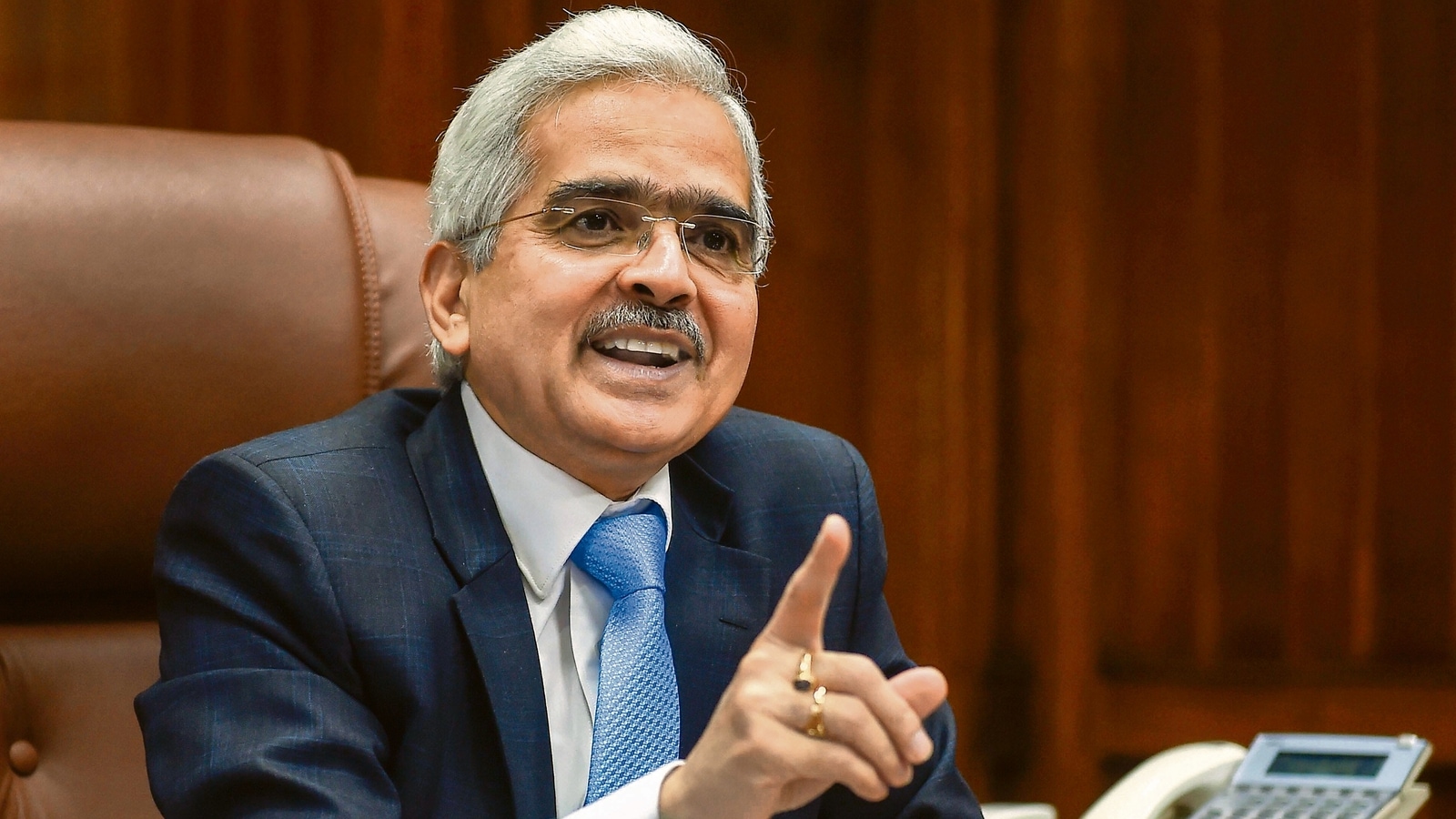RBI governor Shaktikanta Das has warned against a "crypto mania," saying that the world, especially emerging markets like India, cannot afford it.
Das made these remarks at the Mint BFSI Summit in Mumbai on Thursday, a day after the US Securities and Exchange Commission (SEC) approved the launch of the first Bitcoin exchange-traded fund (ETF) in the US.
He said that while the US may have allowed Bitcoin ETFs, it does not mean that India should follow suit. He emphasized that the RBI's stance on cryptocurrencies remains unchanged, and that they pose significant risks to financial stability.
Here are some of the key concerns that Das raised about cryptocurrencies:
- Volatility: Cryptocurrencies are highly volatile, meaning that their prices can fluctuate wildly in a short period of time. This can lead to significant losses for investors.
- Lack of regulation: Cryptocurrencies are not currently regulated in most countries, which makes them vulnerable to fraud and manipulation.
- Money laundering: Cryptocurrencies can be used for money laundering purposes, as they are difficult to track.
- Financial stability: A widespread adoption of cryptocurrencies could pose a risk to the stability of the financial system.
Das said that the RBI is exploring the possibility of launching its own central bank digital currency (CBDC), which would be a digital version of the rupee. He said that a CBDC would have the benefits of cryptocurrencies, such as being digital and borderless, but would also be subject to regulation, which would mitigate the risks.
It is important to note that Das's views on cryptocurrencies are not shared by everyone. Some people believe that cryptocurrencies have the potential to revolutionize the financial system, and that they should be allowed to develop without government interference.
What actually is a "Crypto Mania"?
A "crypto mania" refers to a period of intense excitement and speculation surrounding cryptocurrencies, often characterized by the following:
1. Rapid Price Increases:
- During a crypto mania, cryptocurrency prices can experience unusually rapid and often unsustainable growth, fueled by widespread belief in their potential and a strong desire for quick profits.
2. FOMO (Fear of Missing Out):
- The rapid price increases and media hype surrounding cryptocurrencies can create a strong sense of FOMO (fear of missing out) among investors, who feel pressure to invest before they miss out on the potential gains.
3. Risky Investment Decisions:
- This can lead to irrational and risky investment decisions, as people may invest more than they can afford to lose, or invest in projects they don't fully understand, in the hope of achieving quick returns.
4. Media Attention:
- Crypto manias are often accompanied by a surge in media attention, with news outlets constantly reporting on the latest developments and price movements.
5. Social Media Hype:
- Social media also plays a major role in fueling crypto manias, as influencers and communities can quickly spread excitement and promote new projects.
Examples of Crypto Manias:
- Some of the most well-known examples of crypto manias include:
- The Bitcoin boom of 2017, when the price of Bitcoin rose from around $1,000 to nearly $20,000 in a matter of months.
- The rise of various DeFi (decentralized finance) projects in 2020, when the total value locked in DeFi protocols skyrocketed from around $1 billion to over $40 billion in a few months.
It's important to remember that cryptocurrencies are highly volatile and risky investments. Crypto manias can lead to significant losses for investors, as prices can crash just as quickly as they rise. Therefore, it's crucial to do your own research and understand the risks before investing in any cryptocurrency.
Ultimately, the decision of whether or not to invest in cryptocurrencies is a personal one. It is important to carefully consider the risks and potential rewards before making any investment decisions.





